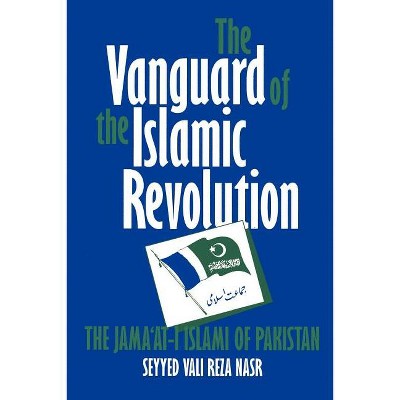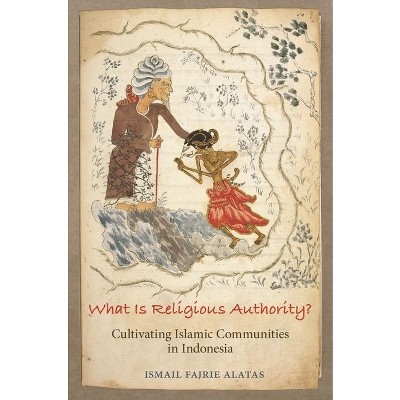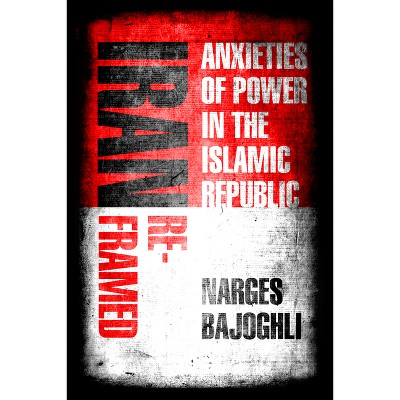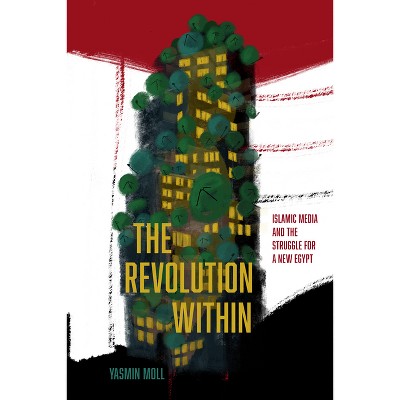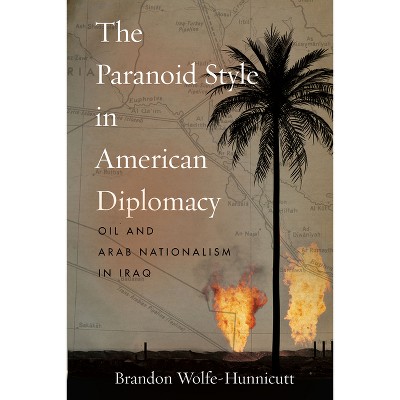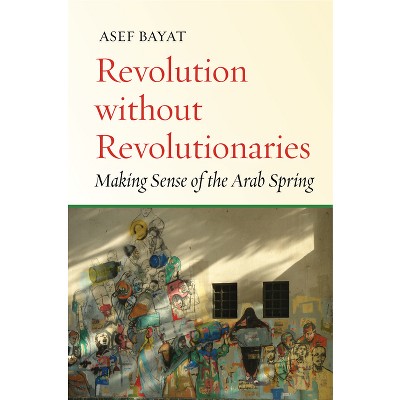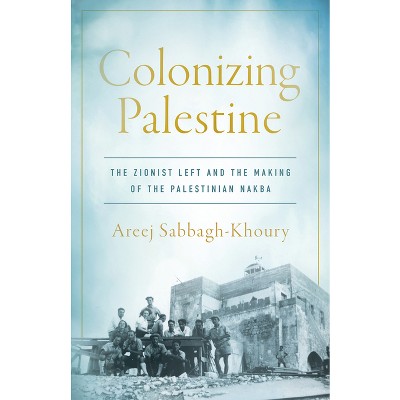Sponsored

Unruly Labor - (Stanford Studies in Middle Eastern and Islamic Societies and) by Andrea Wright
In Stock
Sponsored
About this item
Highlights
- In the mid-twentieth century, the Arabian Peninsula emerged as a key site of oil production.
- About the Author: Andrea Wright is Associate Professor of Anthropology and Asian & Middle Eastern Studies at William & Mary.
- 312 Pages
- History, Middle East
- Series Name: Stanford Studies in Middle Eastern and Islamic Societies and
Description
About the Book
"In the mid-twentieth century, the Arabian Peninsula emerged as a key site of oil production. International companies recruited workers from across the Middle East and Asia to staff their expanding oil projects. Unruly Labor considers the working conditions, hiring practices, and, most important, worker actions and strikes at these oil projects. It illuminates the multiple ways workers built transnational solidarities to agitate for better working conditions, and how worker actions informed shifting understandings of rights, citizenship, and national security. Andrea Wright highlights the increasing associations between oil, governance, and racialized management practices to map how labor was increasingly depoliticized. From the 1940s to 1971, a period that includes the end of formal British imperialism in the Arabian Sea and the development of new state governments, citizenship became both an avenue for workers to advocate for their rights and, simultaneously, a way to limit other solidarities. Examining the interests of workers, government officials, and oil company managers alike, Wright offers a new history of Middle Eastern oil and twentieth-century capitalism--a history that illuminates how labor management and national security concerns have shaped state governance and economic policy priorities"--Book Synopsis
In the mid-twentieth century, the Arabian Peninsula emerged as a key site of oil production. International companies recruited workers from across the Middle East and Asia to staff their expanding oil projects. Unruly Labor considers the working conditions, hiring practices, and, most important, worker actions and strikes at these oil projects. It illuminates the multiple ways workers built transnational solidarities to agitate for better working conditions, and how worker actions informed shifting understandings of rights, citizenship, and national security.
Andrea Wright highlights the increasing associations between oil, governance, and racialized management practices to map how labor was increasingly depoliticized. From the 1940s to 1971, a period that includes the end of formal British imperialism in the Arabian Sea and the development of new state governments, citizenship became both an avenue for workers to advocate for their rights and, simultaneously, a way to limit other solidarities. Examining the interests of workers, government officials, and oil company managers alike, Wright offers a new history of Middle Eastern oil and twentieth-century capitalism-a history that illuminates how labor management and national security concerns have shaped state governance and economic policy priorities.
Review Quotes
"[Unruly Labor] is exceptionally well-researched and makes an important contribution to our understanding of labor in the Arabian Peninsula--particularly the experiences of migrant laborers and the evolving role of national citizenship in shaping their relationships with both state and corporate entities." --Chad H. Parker, Middle East Journal
"Wright not only offers readers a window into the working conditions of the laborers recruited into the oil industry but also examines how workers fought back to improve those conditions.... Highly recommended." --M. F. Cairo, CHOICE
Wright effectively shows that the labor history of the oil industry can help us understand the securitization of oil and the economy in the Gulf as a decades-long process favoring easily controlled, nonlocal workforces and restrictive labor laws. She also helps us understand that the widespread employment of migrant labor in the Gulf is not based on deeply rooted local tradition, but rather stems from a very recent history of oil and citizenship." --Zachary Davis Cuyler, American Historical Review
"Unruly Labor offers a highly original, meticulously researched account of the lifeworlds of oil workers across South Asia, Iran, and the Arabian Peninsula. Andrea Wright illuminates labor as a crucial force that shaped twentieth-century notions of nationalism, class, and social justice." --Peyman Jafari, William & Mary
"Unruly Labor shifts our scales of analysis of oil production, and changes how we think about empire, labor, and state-building in the Arabian Peninsula. Rich in narrative detail, it provides much-needed historical context to our understanding of the political economy of oil and makes a valuable contribution to discussions of contemporary labor regimes." --Farah Al-Nakib, Cal Poly
"This is a beautifully written and fascinating account of labor action, solidarity, as well as fragmentation. Reading archival sources with an ethnographer's eye, Andrea Wright brings to life the connections and struggles of managers, officials, and workers that shaped the social worlds and hierarchies of the oil industry." --Mandana Limbert, CUNY Graduate Center
About the Author
Andrea Wright is Associate Professor of Anthropology and Asian & Middle Eastern Studies at William & Mary. She is the author of Between Dreams and Ghosts: Indian Migration and Middle Eastern Oil (Stanford, 2021).Shipping details
Return details
Frequently bought together
Trending Non-Fiction






